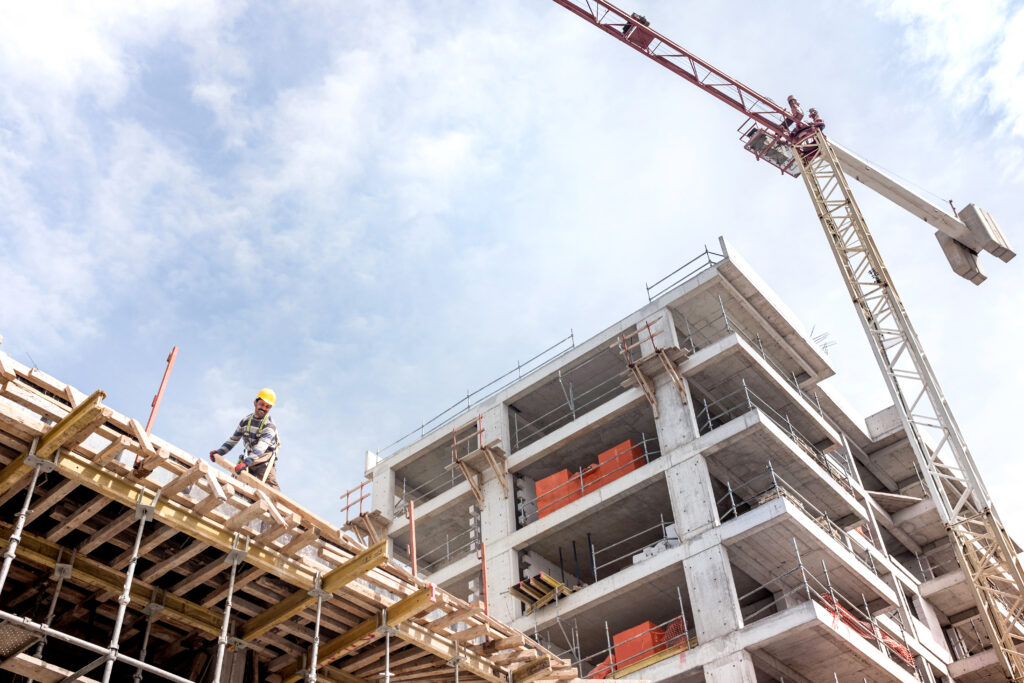Klein: Des Moines needs to take risks

Transportation guru Gabe Klein stopped in Des Moines Wednesday to share thoughts on the future of getting around. Keeping up what has become a tradition for Tomorrow Plan speakers, he took a spin on a rented bike.
Here are some of his thoughts:
On Des Moines:
- “Your bike share program is great, but it needs to be bigger. That may mean public funding.” That last comment brought the only outburst of applause during Klein’s speech.
- “You, like most people, need to take more risks. Use examples from other cities. Beg, borrow or steal things that have worked.”
- “One-way pairs (of streets) lead to speeding. I saw that during my ride here. We need to redesign our cities around people.”
- The Pappajohn Sculpture Park downtown is “absolutely beautiful” and clearly has encouraged development on surrounding blocks.
- The city should considering taking a cut of revenues for allowing the redevelopment of parking garages. In Nashville, the city has converted parking garages to office space.
On moving from stressing vehicles to emphasizing people and mobility:
- In Washington, D.C., Arizona-based automaker Local Motors used a 3-D printer to create a self-driving, 12-passenger, electric shuttle bus called Olli that has a smaller wheelbase than some cars.
- Oslo, Norway, is banning vehicles from the city center.
- “Reallocate to people, not vehicles. Build affordable housing in parking garages that won’t be needed when people don’t own cars anymore.”
- “Now that people are driving less, we are starting to see a backlash on highway spending. The U.S. Department of Transportation has been wrong about its projections of traffic growth for the past 15 years.”
- “We are all about habits,” like driving. But downtown Des Moines is a good example of a place where someone could easily live without owning a car, relying instead on walking, biking, mass transit and occasional car rentals for big trips.
- Light rail systems and other mass transit projects have brought billions in related commercial development in places.
- Shanghai is setting up a system of 650 transit stations — double the previous number — because developers won’t build in an area unless it is connected.
- In Boston, millennials have taken to living near stations because they often provide not only transportation, but nearby doctors’ offices, restaurants and other services.









